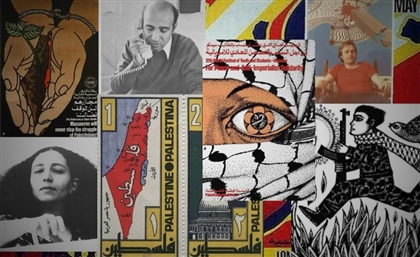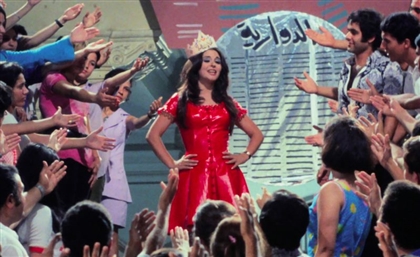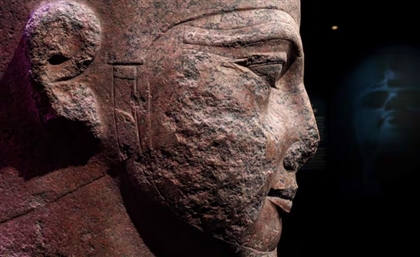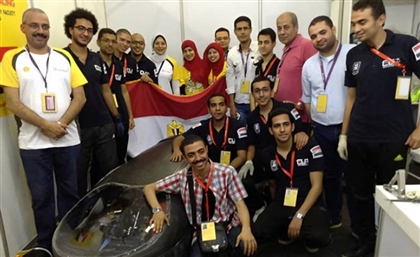The Orphan Master's Son
The winner of this year's Pulitzer Prize for Fiction, Adam Johnson's tale of a North Korean boy that overcomes the odds will end up being one of those reads that are much more than just a story, as Anam Sufi tells us...
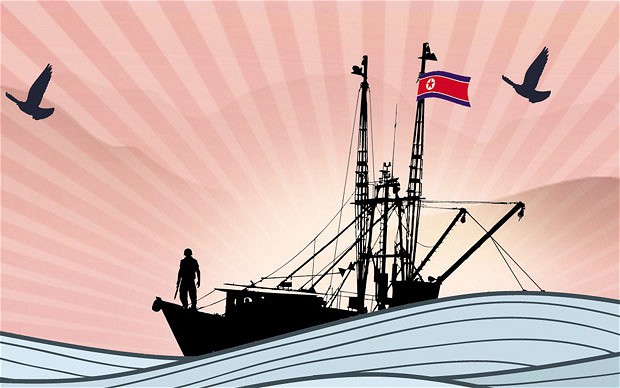
With Ramadan in full swing, I am sure many of you are finding it increasingly taxing to fill the seemingly static count down towards iftar. And why shouldn’t you? 16 hours is no joking matter. But just because your tummy stays empty, doesn’t mean you should leave your brain hungry.
I have a very important book for you this week, and I promise it will help pass the time. Adam Johnson’s The Orphan Master’s Son, winner of this year’s Pulitzer Prize for fiction, is quite frankly, one of the best books I have read in years.

The story is set in North Korea and follows the journey of an orphan master’s son named Pak Jun Do (please observe the Korean-Anglo pun at play). It follows his life as he moves from living in an orphanage, working as a kidnapper and spy for the glorious democratic republic of North Korea, exploring the world from the telescopic view from a radio in the basement of a fishing boat, becoming a prisoner of the state, and finally, it trails him in his quest to find and escape with the love of his life, Sun Moon, the greatest opera singer in the republic. Who, by the way, he has never actually met.
While the plot sounds pretty straight forward, it is anything but that. What Johnson manages to do is create a narrative within a narrative within a narrative. The dynamic nature of the plot and narrative style is such that limiting the book by placing it in one particular genre would be severely undermining its brilliance. At 575 pages, Johnson packs in a dystopian society, a coming of age tale, an ocean adventure, a spy mystery, and a story of self-actualisation. Together, these various facets produce a kaleidoscope of entertainment that simultaneously breaks your heart and leaves you itching for more.
Reading this book bought back that same fantastic feeling of awe that I experienced while reading works like George Orwell’s 1984 and Aldous Huxley’s Brave New World. If you don’t want to trust my judgment on the matter, offensive as that is, trust the critics from The New York Times, The Guardian, and The Sunday Telegraph who all support the same opinion. What’s more, it seems appropriate to read this book that is wrought with themes of political propaganda, the question of identity, and the meaning of freedom, especially given the political climate that has become the pillow talk of many Egyptians in recent times. This is because the protagonist’s transition arguably mirrors that of any people who have found themselves victim of an oppressive society, and Jun Do’s change from machine to man is a hauntingly beautiful account of overcoming such coercion.

Instead of watching the pendulum swing until the sun settles, do yourself a favor and read this book. It’s the kind of work that if you don’t appreciate it, I for one would certainly feel that you were dropped on the head numerous times while growing up. I realise I sound like a literary fascist (irony at its best!), but I’m trying to drive a point home. Geekish as it may sound, there are few books that transcend their physical characteristics and wedge their way into becoming more than just a story. This is one of those.
Disclaimer: For anyone thinking that this book is just another U.S attempt at political propaganda, it should be noted that despite being a work of fiction, extensive research was conducted by the author to put together a society of which very little is known outside of North Korea. The governing methods exhibited in the book as well as the torture schemes are based on interviews with actual North Korean deflectors who managed to escape, as well as Johnson’s personal experience travelling to North Korea.
- Previous Article I Got Banged!
- Next Article Nomades Land




